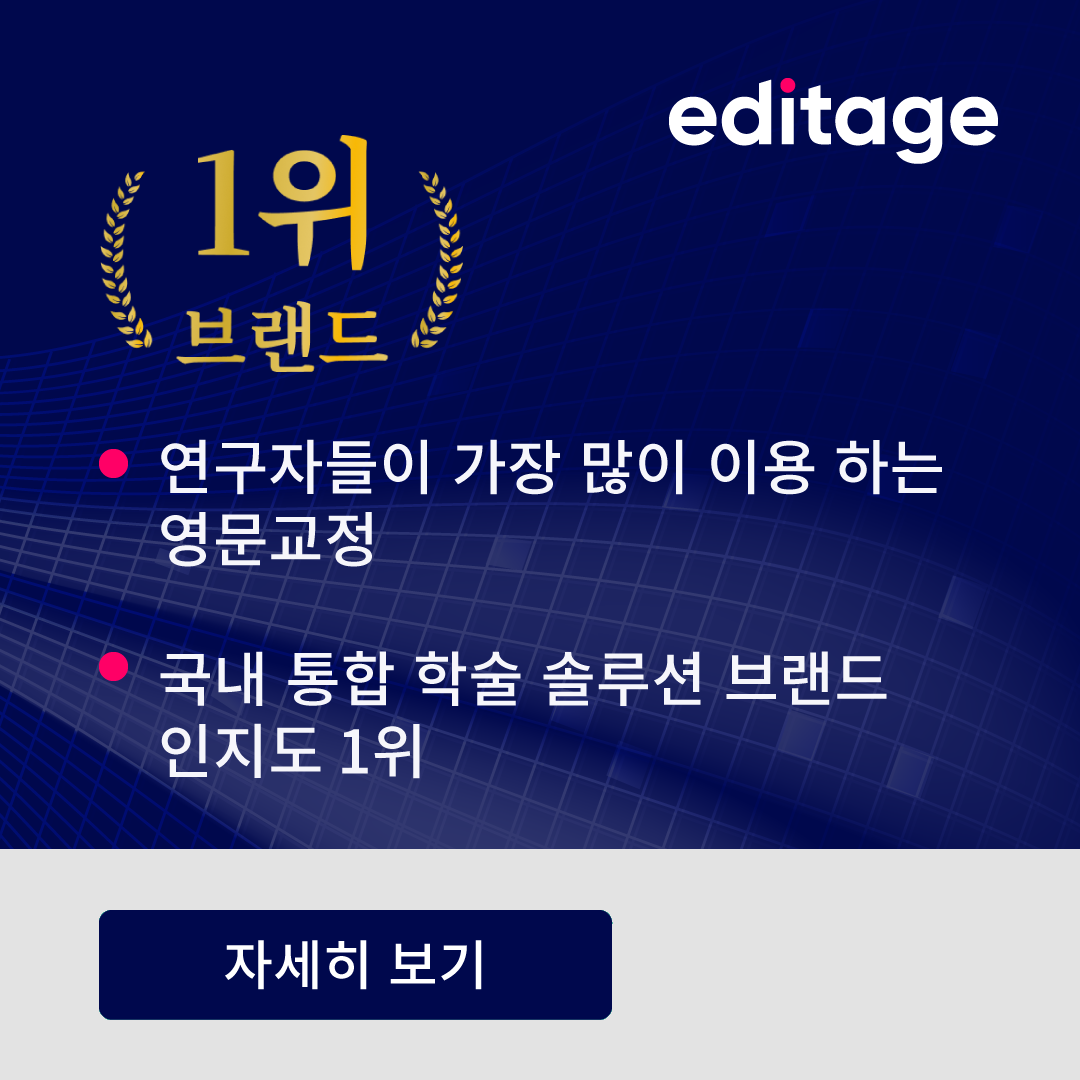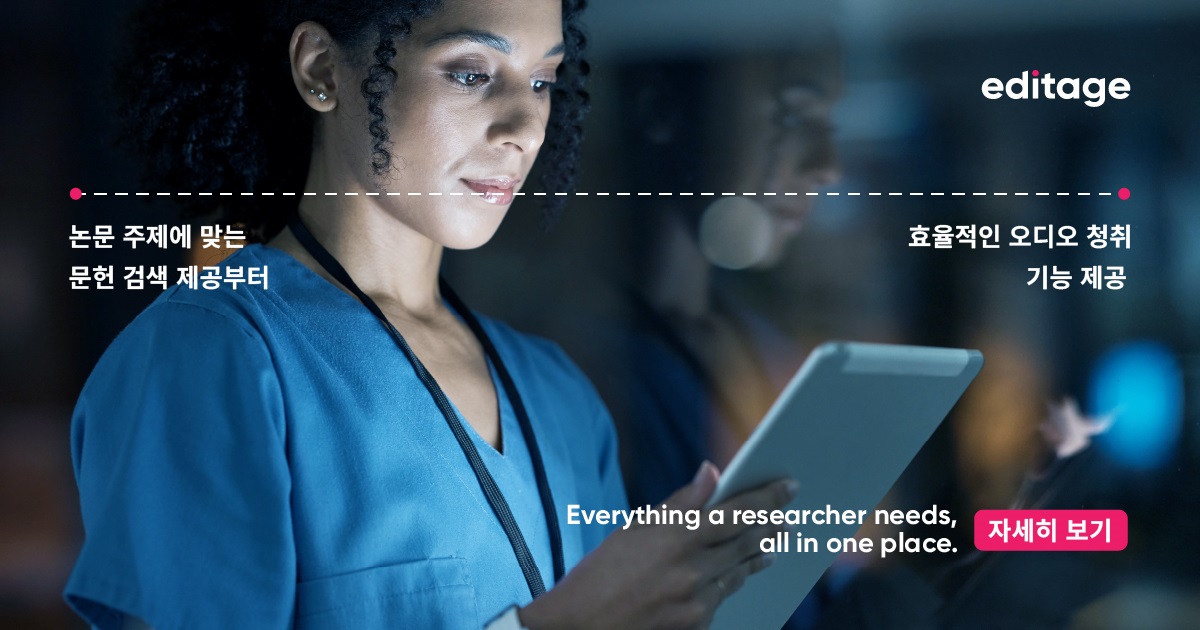Addressing peer reviewers' comments is a daunting task for even the most experienced authors. Sometimes peer reviewers write long-winded comments, which make it difficult to pinpoint the specific aspects you need to address. Once you receive reviewer comments for your submission, go through them very carefully a couple of times. It is possible that the first time you read them, you may feel that the reviewer has not properly understood your study or has made unreasonable demands, and you may be offended. If you feel this way, it is important to give yourself some time, rather than address the comments in that state of mind. Re-read the comments several times over the next few days. As you keep reading them with an objective outlook, you will be able to interpret the reviewers’ viewpoints from different angles, and you will soon achieve mental clarity on how you should address them.
First, try to identify the major concerns of the reviewers. For example, are most of the comments on the methodology that you used? Did the reviewers question the way you interpreted your results? Do you have additional data that you could include in the manuscript in support of your arguments? Once you identify the reviewers’ concern, start framing your responses.
If the reviewers’ comments are in the form of huge paragraphs, split them into separate points so that you can address them individually. If a particular comment could have multiple interpretations, begin your response by explaining what you have understood from the comment and then proceed with your argument.
Keep in mind the following do’s and don’ts:
Do’s
- Consult your coauthors or a colleague who is familiar with your work. You’ll find that brainstorming with your coauthors often helps you find the best way to work around complex reviewer comments.
- Make sure that you address each of the comments in entirely. In case some points mentioned in the comments have already been addressed in the original manuscript, or if you feel a particular suggestion is out of the scope of the current study, mention this too.
- Be polite in your response when you disagree with any comment/suggestion.
- Wherever required, cite references, or include supplementary/unpublished data in support of your argument.
- Resubmit promptly and ensure that changes made to the manuscript based on the reviewers’ suggestions are clearly indicated.
Don’ts
- Don’t argue every single comment. If the reviewer has suggested a minor revision that you might not entirely agree with, but is easy to comply with and does not take away any value from your study, it might be easier to incorporate it that to argue your case.
- Do not take a negative comment from the reviewer as a personal attack. Try to look at it with a neutral perspective and address it to the best of your ability.
- Avoid using phrases like “we completely disagree” in your rebuttal letter. You can find a list of useful phrases to answer critical comments in Box 2 of this article.
- Do not deny the request of the reviewers for original/raw data.
In cases where manuscripts get rejected after peer review or when the reviewers’ comments seem too tough to answer, authors often decide against addressing the comments and instead choose to submit their manuscripts to another journal. Even in such cases, it is advisable to revise the manuscript according to the comments as much as possible, as this could improve your chances of acceptance in a subsequent submission to another journal.
I hope you find these suggestions useful. Feel free to use the comments section to talk about the specific problems you face while addressing reviewer comments. What kind of questions do you find most difficult to answer?
Click here for a more detailed tutorial on responding to peer reviewer comments or learn tips for submitting a revised manuscript.
Do you think the academic publishing process is broken? Is the publishing industry failing to take notice of the persistent problems you are facing? Make your voice heard. Take the Editage Insights survey and share the biggest challenges you face as a researcher. The results of this global survey will be widely shared with journal editors, publishers, and industry influencers to bring a change in the current academic publishing landscape. Spare 15 minutes to take the survey now!











